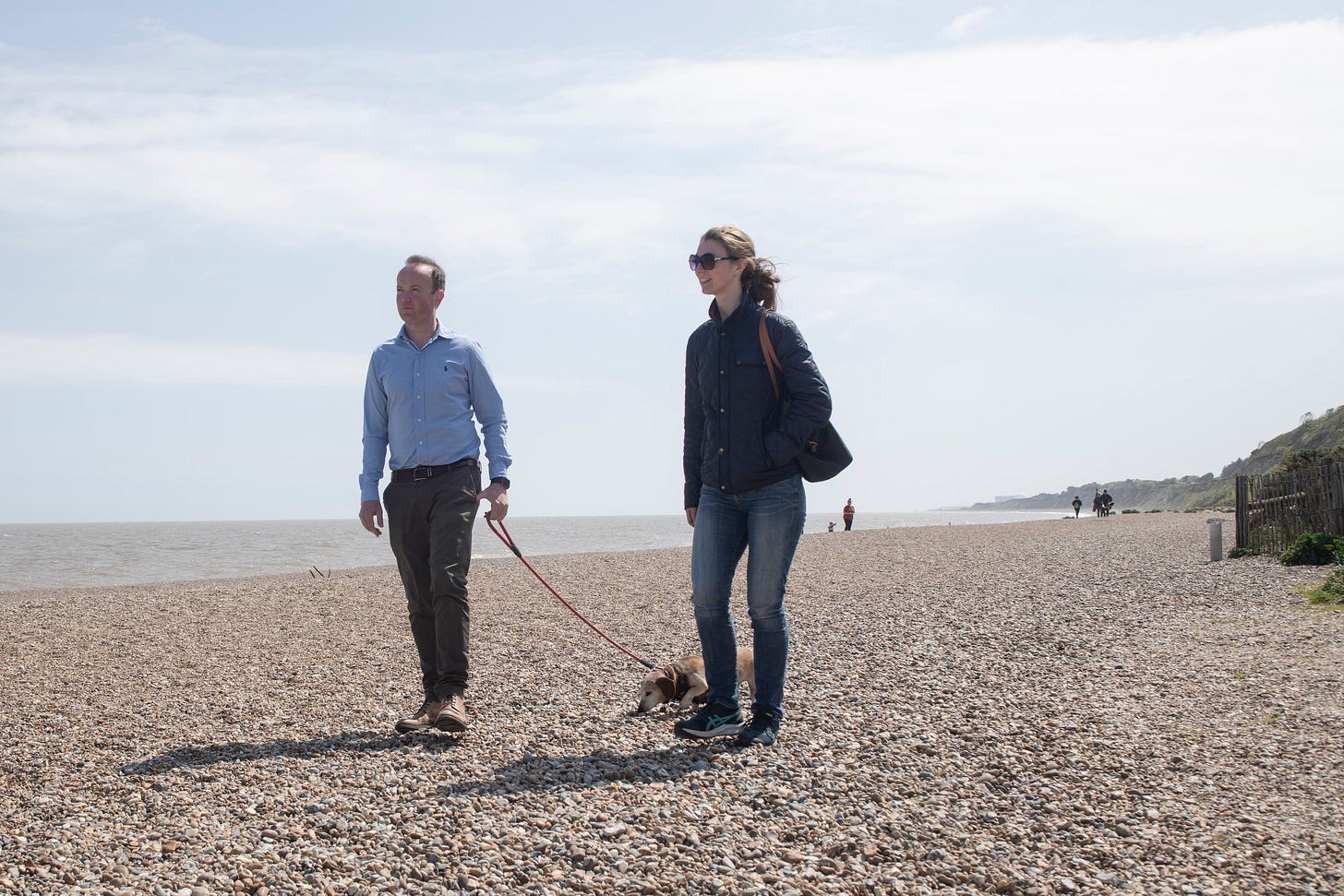Nautilus project update
In a week where difficult news for Suffolk's countryside keeps coming, it has been quietly announced that the Nautilus interconnector will be consulting on a connection at Friston.
While the connection agreement for the proposed Nautilus interconnector between the UK and Belgium has always been at Friston, it had been hoped that an alternative connection had been found on a brownfield site at the Isle of Grain. In March, the regulator, Ofgem, pushed back against this on the grounds of cost. Yesterday, 15 July, Ofgem announced they will be proceeding with consulting on the possibility of Nautilus connecting at Friston as part of its Initial Project Assessment.
This is difficult news for Friston, where a myriad of projects are now converging on the small village. These include the infrastructure needed for the Scottish Power Renewables (SPR) EA1N and EA2 wind farms, the Sea Link subsea HVDC link between Suffolk and Kent, the LionLink interconnector between the UK and the Netherlands and now, of course, Nautilus.
What is of huge concern, and has concerned me and local communities for some time, is the iterative nature of these schemes. They were not proposed as a whole, rather one came first, in the form of the SPR wind farms, and that onshore infrastructure became the trigger for more projects. To be fair to one very astute member of the local community, who I won’t name here, he saw this coming before many of us, back in 2018, and has been at the forefront of the battle ever since. It was these schemes, in combination with Sizewell C, that first saw us raise real concerns about cumulative impacts. In short, nobody was taking ownership of ‘the whole’ or giving communities any clarity about what was coming forward, where it was coming forward and when.
For Friston, the reality of this has been stark. Recently, with colleagues in Public Health, Suffolk County Council has been looking at the impact of the deluge of proposals on mental wellbeing in the area. When looking at Nationally Significant Infrastructure Projects (NSIPs), this cannot be underestimated and it is my view that it is something neither developers or government has taken seriously to date.
Clearly, if all of these projects are to converge on Friston - and my hope is they may not - then they must be coordinated to at least minimise the impacts. While it’s inexcusable that the schemes have emerged in such an iterative way, it would be doubly inexcusable to now not see them work together.
There are broader questions to be asked about Ofgem’s role and their assessment of cost. I’ve long argued that the cost to communities, rather than just the end cost to consumers, should at the very least be an additional factor they consider.
I will return to the new Secretary of State’s ‘Mission 2030’ for decarbonising the electricity system, or grid, but wanted to get this update out. Suffice to say, the clear driver for the new government is pace, not concern for the communities that have to live with the new infrastructure.



I'm absolutely amazed at National Grid & Great British Energy giving 2030 as the year for Green energy. How was this date decided? Was it on the back of a ciggy packet, in some random Excel spreadsheet or what. In the Project & Planning world, a fully integrated schedule with logic links, constraints and fully resource loaded is the only true way of achieving a realistic baseline end date to a project.
I have personally asked National Grid for a Project plan for their proposed construction work at Friston and Saxmundham. The answer I got was "we are not at that stage yet" Personally I can't see the 2030 milestone being achieved if this is how NG run a Project. Many large project failures with delays and cost overruns have been seen in the UK recently, and I believe all down to the lack of bad planning or no planning at all. Cross Rail was a good example. They had plans and schedules, but all seemed to be working in isolation and not one integrated plan that would have highlighted delays etc.
Remember, Fail to plan and you plan to fail.
Spot on. 2030 is hugely unrealistic and in a desperate bid to get there, bad decisions and bad projects will follow.